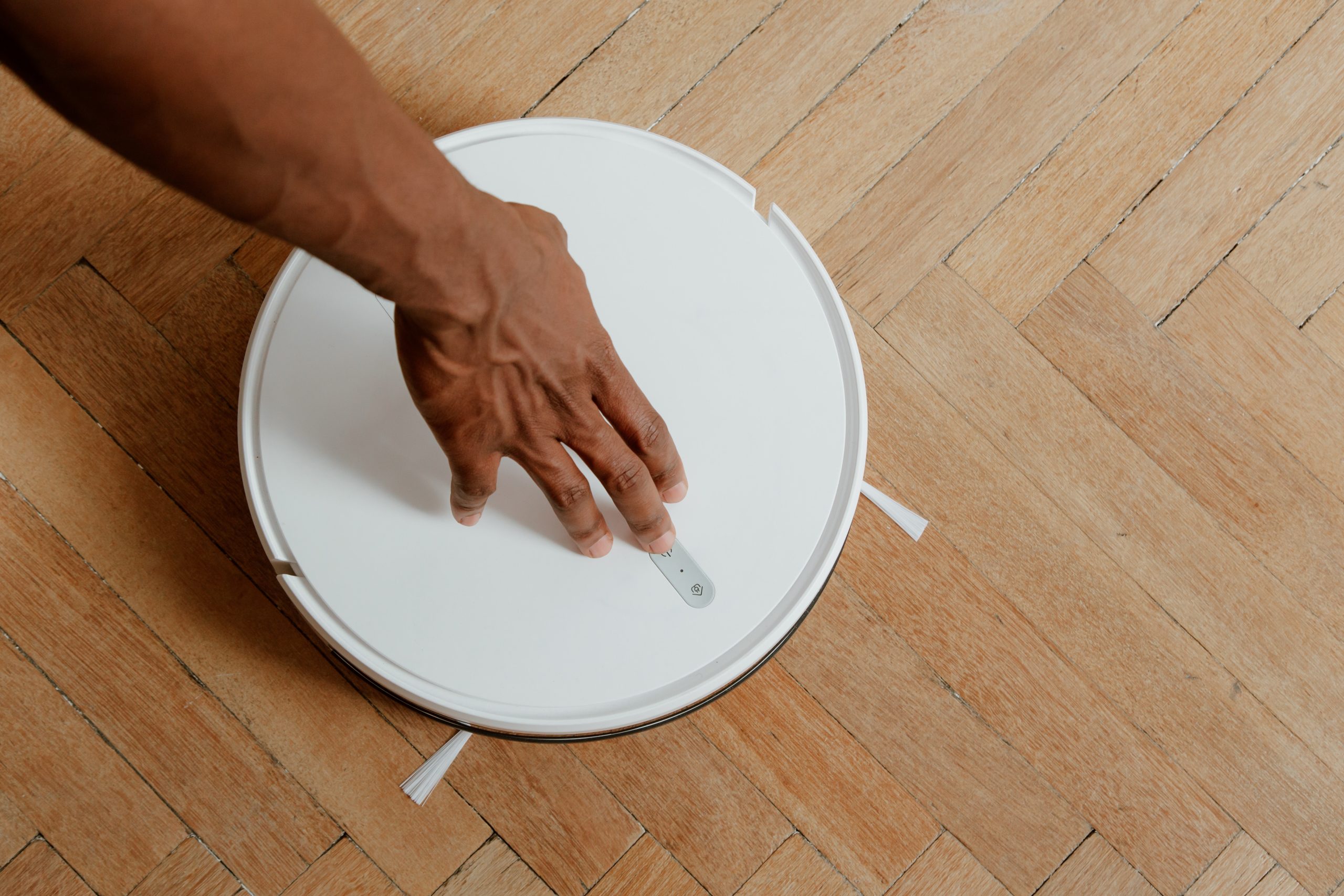Lifestyle
The dawn of domestic robots could dramatically cut gender inequality when it comes to household work

Robot vacuum cleaners are already a feature in some homes. (Pexels Photo)
Domestic work is vital for society to function. Meals need to be cooked, clothes and homes cleaned, and people need to be cared for. These tasks take time and, generally speaking, are not shared equally within households.
Some of these tasks are now becoming automated. This could benefit gender equality, but we also need to monitor some of the risks.
Women continue to do more unpaid domestic work than men in most households. Yet the extent of gender inequality when it comes to domestic work varies between societies.
Time spent on household tasks can come with a price: doing more than your equal share of parenting, for example, is associated with a “caregiver penalty” of lost wages, slower career progression, and lower lifelong earnings.
Historically, technological advances –- such as the rise of domestic appliances in the 1950s –- have been associated with women playing a bigger role in the labour market. In fact, female employment and family responsibilities – especially parenting – have both increased. This means that there is a large unmet demand for help with domestic work.
Existing household robots, such as robotic vacuum cleaners, floor mops and lawn mowers, have outnumbered all other types of robot in terms of units sold from as early as 2010. Sales of household robots have since accelerated dramatically.
Other devices that can step in and take over care work are also on the way. These include automated cots that can respond to a baby’s cries by rocking them to sleep and chatbots designed to combat loneliness that are able to mimic human conversation.
A gift of time?
With the rise of smart technologies, AI experts see the potential for a further transformation of unpaid domestic work -– increasing discretionary time (time not spent on work, or necessary rest and personal care) and perhaps bringing about greater equality in the home.
Earlier this year, our team published a study examining the future of unpaid work in the home, based on predictions from 65 AI experts in the UK and Japan. This showed that around 39% of domestic work could be automated in the next decade.
Of course, the type of domestic work is key here. Some 44% of typical housework, including cooking, cleaning, and shopping, is expected to be automated. In the study, grocery shopping had the highest expected potential for automation at 59%. Care work, on the other hand, is harder to automate, with only about 28% of domestic care tasks expected to be suitable for automation within the timeframe of a decade.
In the UK, working-age men spend around half as much time on domestic unpaid work as working-age women. In Japan, the difference in time spent on domestic tasks is much more striking, with Japanese men spending just a fifth of the time spent by women on domestic tasks.
In the best-case scenario for the future, the rise of domestic automation could address gender inequality in domestic work by increasing the time available for women to carry out paid work and leisure. Our recent simulation suggests that the time freed up by domestic automation might enable an additional 5.8% of women in the UK, and 9.3% of women in Japan to join the labour market.
Of course, not everyone will choose to spend this time on paid work, but may rather study, rest, or sleep. In any case, an overall increase of “discretionary” time – time left over once a person has finished their paid work, household responsibilities, took time for sleep and basic personal care – could result in greater wellbeing.
These benefits, however, are not a foregone conclusion. In most countries, people on low incomes do more housework than those on high incomes. Given that AI-powered technologies are likely to carry a substantial price tag when they hit the market, they could exacerbate existing inequalities in available time between rich and poor.
A darker side?
Automation of domestic work also carries with it certain risks, as many domestic tasks require knowledge about household members in order to be performed effectively. A cooking robot would need to know not only about everyone’s food preferences, but also allergies, intolerances and underlying health conditions. Management of the data the technology collects and uses – and the protection of this sensitive information – is an important issue that needs to be addressed.
Technologies used to help care for other people, in particular, raise a multitude of ethical concerns. Care work might involve the monitoring of children or vulnerable older people to ensure their physical safety. While technology can take on some of this work – examples include baby cameras and location tracking apps – this raises concerns about surveillance and who has access to the monitoring data.
Time spent on caring for family members strengthens family bonds. Can a robot helper really replace the kind of nurturing interaction a human can provide? And if a robot or a chatbot does become the focal carer -— at least in terms of the time spent interacting – could those being cared for get emotionally attached to the technology?
These bigger societal questions need to be taken into consideration in the drive towards greater automation in the home.![]()
Ekaterina Hertog, Associate Professor in AI and Society, Oxford Internet Institute and Institute for Ethcis in AI, University of Oxford and Lulu Shi, Lecturer, Department of Education and Research Associate, Oxford Internet Institute, University of Oxford
This article is republished from The Conversation under a Creative Commons license. Read the original article.





















